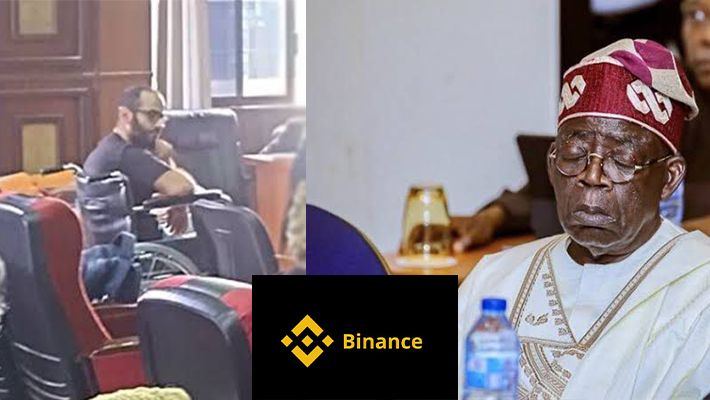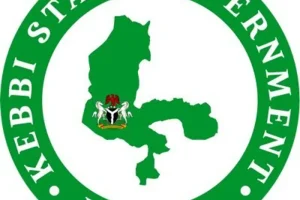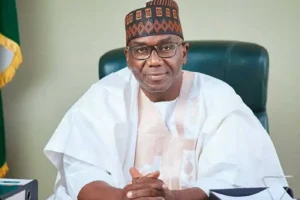
The administration of President Bola Ahmed Tinubu dismissed criminal charges against Binance executive Tigran Gambaryan on October 23, 2024, following months of intense diplomatic negotiations between Nigeria and the United States.
Gambaryan, who had been in detention since February 2024, was prosecuted alongside Binance for alleged money laundering, tax evasion, and currency speculation.
Prosecution Withdraws Case Over Diplomatic Concerns
During a court session, Economic and Financial Crimes Commission (EFCC) prosecutor R.U. Adaba requested Judge Emeka Nwite to discontinue Gambaryan’s trial, citing “critical international and diplomatic reasons.” While she did not elaborate, sources indicated that concerns over his deteriorating health played a role in the decision.
Following the court ruling, U.S. officials in Nigeria swiftly arranged an emergency flight to repatriate Gambaryan to the United States.
U.S. Pressure and Diplomatic Efforts
The case attracted significant diplomatic intervention from the U.S. government. American officials, including then-President Joe Biden, actively lobbied for Gambaryan’s release through formal letters, phone calls, and virtual meetings with Nigerian authorities.
High-ranking U.S. officials such as then-Secretary of State Antony Blinken, National Security Adviser Jake Sullivan, and FBI Director Christopher Wray engaged in discussions with Nigerian counterparts. Additionally, U.S. lawmakers—including Representatives Richard McCormick and French Hill—advocated for Gambaryan’s release, framing his detention as a hostage situation.
Despite repeated appeals, Nigerian authorities maintained their stance, emphasizing that Gambaryan and Binance had violated financial regulations by operating without the necessary licenses and failing to comply with money laundering laws. The EFCC and the Federal Inland Revenue Service (FIRS) had initiated legal proceedings against Binance, arguing that the company processed $21.6 billion in transactions within Nigeria in 2023 while evading tax obligations.
Nigerian Authorities Stand Firm Before Final Decision
The Nigerian government initially resisted U.S. pressure, with officials stressing that Gambaryan’s detention was based on legal grounds rather than political considerations. Prosecutors opposed his bail applications, with Judge Nwite ruling that he was a flight risk.
However, following sustained diplomatic negotiations, Nigerian authorities ultimately decided to drop the charges. Observers suggest that this shift signaled a strategic decision by the Tinubu administration to maintain diplomatic relations with the U.S. while balancing national regulatory concerns.
Implications and Future Developments
The case highlights the complex interplay between international diplomacy and financial regulation enforcement. As Nigeria continues to tighten controls over cryptocurrency operations, questions remain about how the government will handle similar cases in the future.





